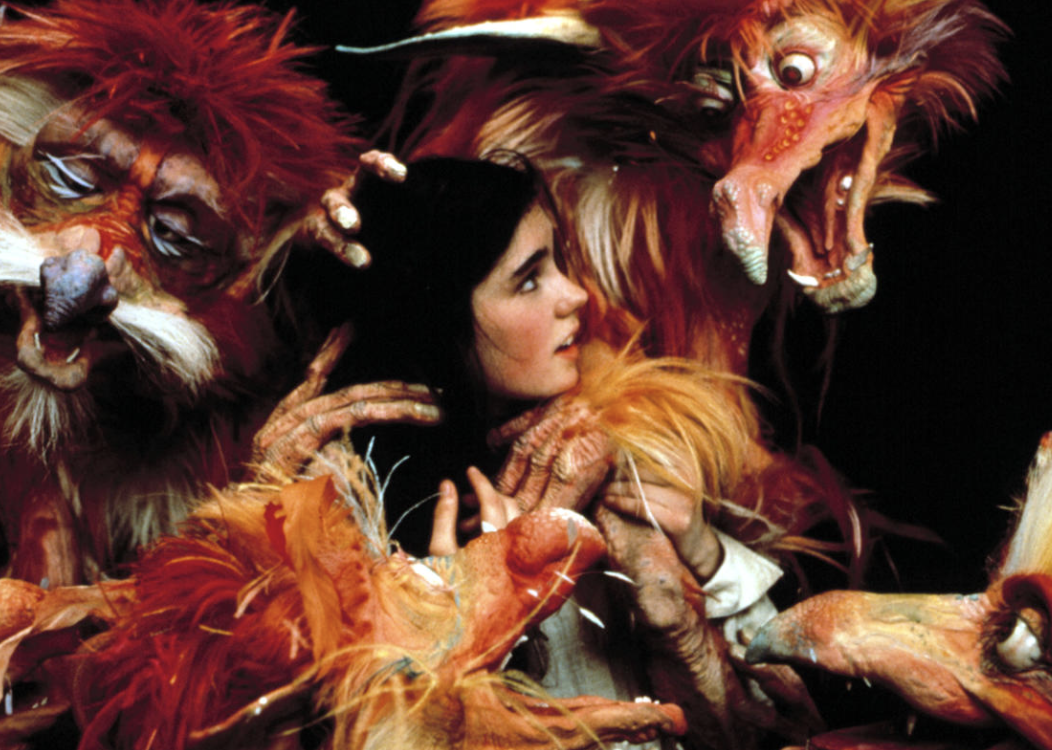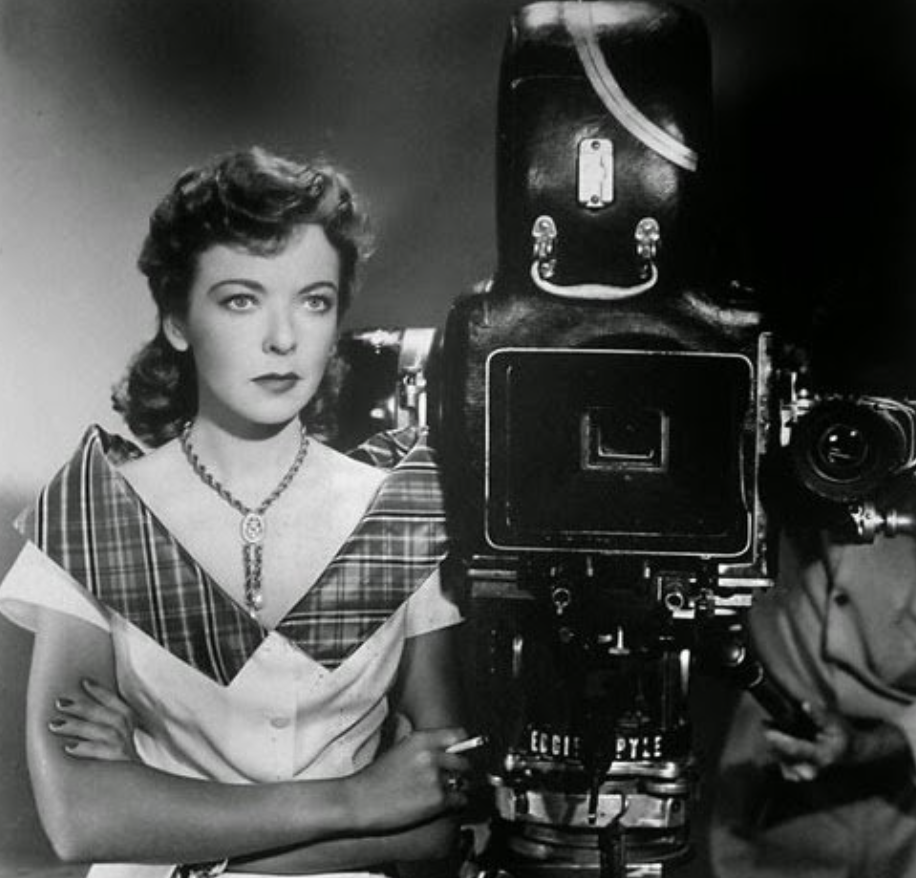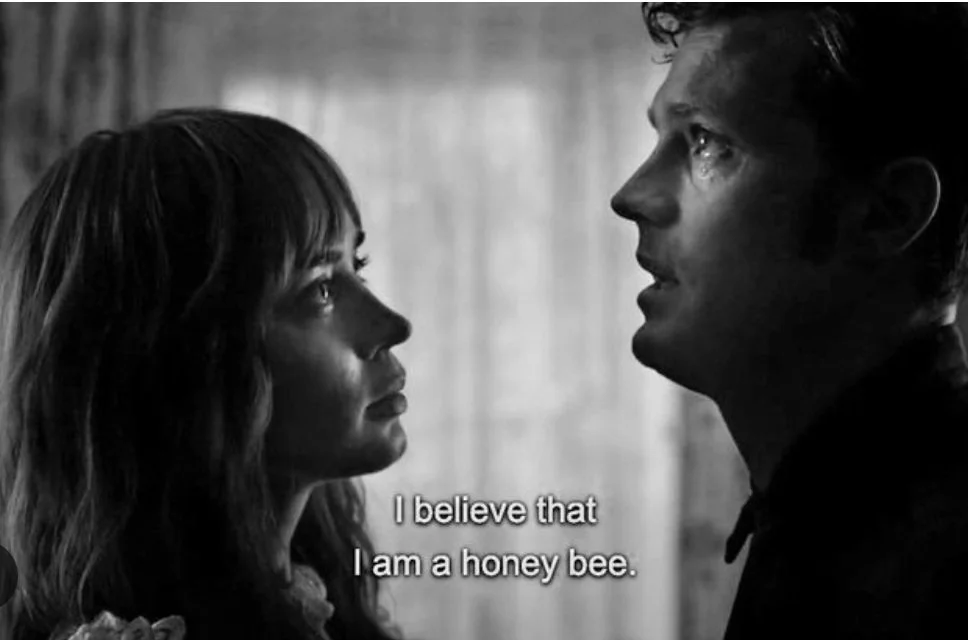I've worked on several essays and research projects as part of my MA in Film Studies.
They all explore themes that are really important to me as an artist: my creative process involves researching and reflecting on film history and cinema culture, integrating these insights into my creations.
-
Rather than engaging in the polemical discourses surrounding Auteur Theory, this essay investigates its utility in constructing meaning around a text by dissecting the fundamental principles of the theory and explores Jim Henson's background leading up to his final feature film, Labyrinth (1986). By providing context for its production and identifying factors that mark Henson as an Auteur, the essay argues that the polemical and much-debated Labyrinth represents the pinnacle of his authorship.
-
An analyses of the interplay between narrative, film style, and the ideology behind Ida Lupino's work, focusing on three of her directed films: Not Wanted (1949), Outrage (1950), and The Bigamist (1953). These film-noir selections share a common thread of moral liberation in courtroom settings, where "what the judges say is not what they would say in an actual courtroom" (Grossman and Grisham). This narrative choice serves as a distinct and unequivocal expression of the director's stance on the societal issues explored in the films: the courtroom, a symbolic space for justice and judgment, becomes a clear opportunity for commentary on the issues presented throughout the storyline.
-
A study on the depiction of Ireland in two films produced by the United States, both of which faced "negative reception among Irish audiences" (Kelly): Wild Mountain Thyme (2020) directed by John Patrick Shanley and Irish Wish (2024) by Janeen Damian. Focusing on the cinematic representation and significance of Irish tradition and modernity, this study dissects the importance of an anti-colonial lens by contextualizing thoughts from the father of Pan-African cinema, Med Hondo, influential political philosopher Frantz Fanon, and Third Cinema ideology. It also examines a brief history of the Irish Film Industry.
-
A reflective text and research contemplating how cinema and community have always been linked since their origins to the present day. Providing a brief outline of how cinema has always been a communal experience in one way or another, it examines how, although watching movies individually is common and convenient in contemporary society, the tradition of cinema attendance is unlikely to completely disappear.



![Photo by A.hellmann [CC BY-SA 4.0].](https://images.squarespace-cdn.com/content/v1/62b3465a9b68712f9166a96a/d9a8a1e3-a470-4825-a15e-c0ba7597b9a8/Photo+by+A.hellmann+%5BCC+BY-SA+4.0%5D.)